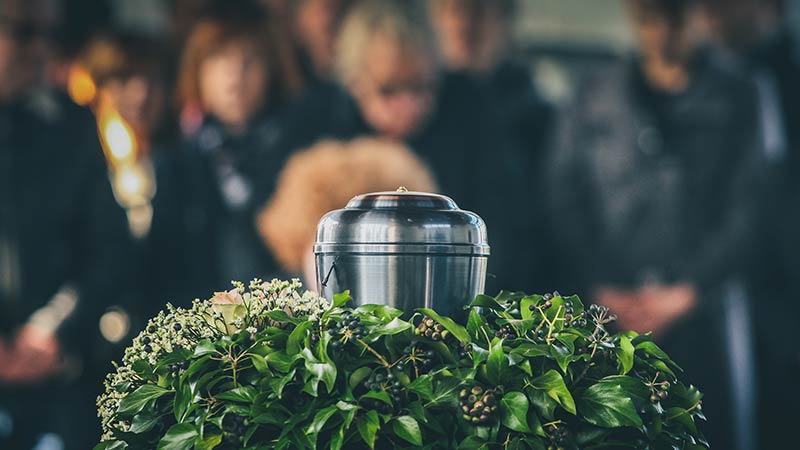
Direct Cremation and COVID-19
The coronavirus crisis has had a significant impact on funeral arrangements.
Where mourners were allowed to attend a funeral, the numbers were tightly restricted. Only immediate family members who weren't in any of the high-risk categories or self-isolating were advised to attend. Social distancing guidelines applied even at the service, keeping bereaved families apart, while it was recommended that vulnerable family members and friends watch via video live streams.
In March 2020, Leeds City Council took the unprecedented step of cancelling bookings for its crematorium chapels, stating that it would only accept direct cremations, with no service and no mourners in attendance. The Council permitted up to 10 family members to attend the crematorium grounds to see the coffin being taken into the crematorium, with the option for the officiant to deliver a short service outside.
Despite this, it’s important to note that this level of restrictions was not commonplace, with the majority of crematoria allowing small numbers of mourners to attend while observing the government guidelines.
As the coronavirus continued to spread and we saw an increase in related deaths, so too did we see an increase in direct cremations, sometimes called unattended funerals. This was to protect the health of families and the staff involved in conducting funerals.